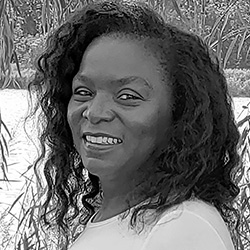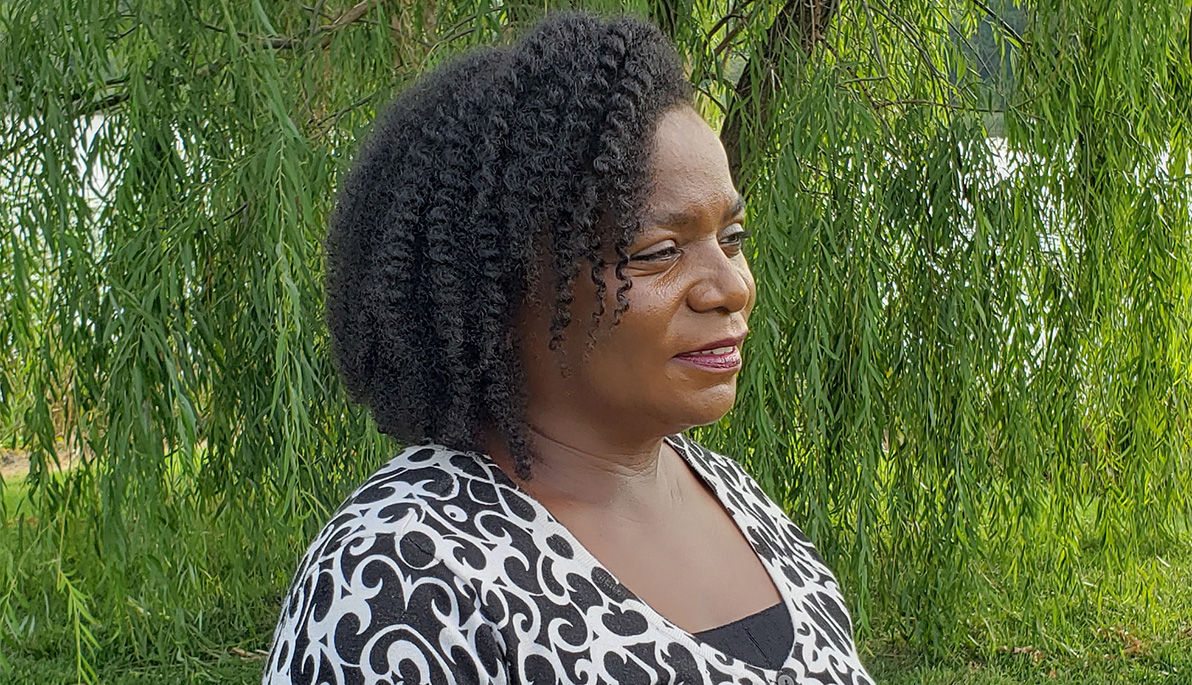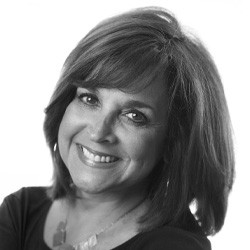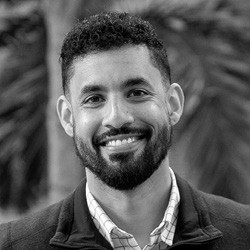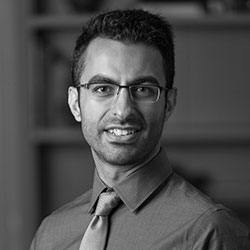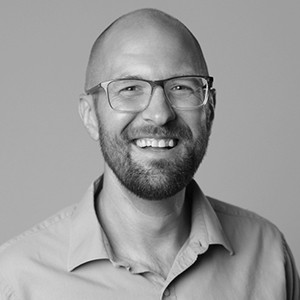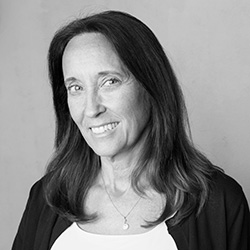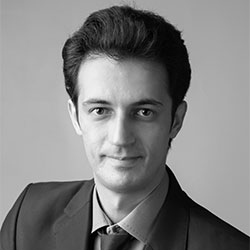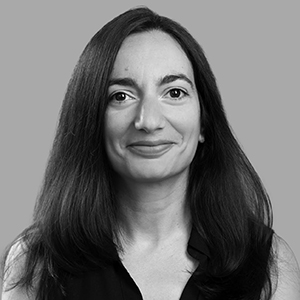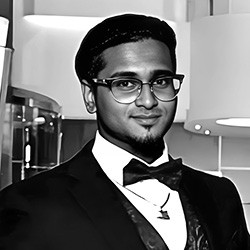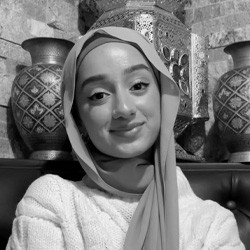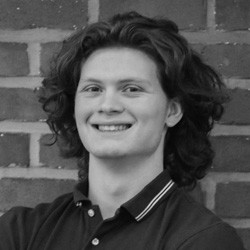Laser Focused
No matter where her path has led her, Patricia A. Young, Ph.D. (B.F.A. ’85) leaned on her imagination and ingenuity. “As I have told my niece, use your creativity in the work that you do—in whatever job that you have. This is what will propel you to greatness. Never settle for less, but have your eye on what could be, not what is.”
Originally from New York City, Young, a professor, educational technologist, and author, is now part of the Department of Education for the University of Maryland Baltimore County. She sat down with The Box to talk about her life, career, new book, and time at New York Tech.
Tell us about yourself. Why did you choose New York Tech?
I was born in Washington Heights, and I spent my early years there. My now deceased mother raised four children in a small one-bedroom apartment. In my teenage years, we lived in Harlem. My family is very loving. As kids, we were remarkably poor but characteristically strong.
I chose New York Tech because of its communication arts program. I was very interested in television, film, and scriptwriting. The New York City campus allowed me to stay close to home and work part-time.
I knew I wanted to write, and I took every course on writing offered at New York Tech. Writing for television or film seemed a lucrative and creative career, but I did not have Hollywood contacts. Thereafter, I was very involved with the Black Filmmakers Foundation.
What activities were you involved in at New York Tech?
I was a peer counselor, writer for the school newspaper, announcer of PSAs [public service announcement] on the school’s radio station, and I participated on the yearbook staff. In the four years at New York Tech, I made some outstanding life-long friends. We all got together during the pandemic to celebrate life and our history together. We exchanged old photographs of us at New York Tech and laughed about the good old days.
Professor Michael Banks had a significant impact on my education at New York Tech. He supported my education and allowed me to be creative in the process. I won an award from New York Tech at graduation.
How did you end up in your current job? What has that been like?
I worked for free in my first job after graduation for a game show startup company. We had an investor that financed some of the daily operations but no one was receiving a salary. Most of us worked for free with the hopes of getting in on the ground level of a startup. I stayed for one year. On the weekends, I worked part-time at a movie theatre to make money. After a year of free labor, I had to find another job. I ended up in publishing and then an advertising company, which also didn’t work out. I stumbled into teaching because I needed a job.
Now I wear multiple administrative hats in addition to conducting teaching, research, and service. So my job doesn’t always have an endpoint. This can be challenging when you are balancing work and home life. However, being a professor is very flexible in terms of quality of life.
My career came full circle as I applied my love for learning and technology into a career focused on educational technology and instructional design. My academic job also affords me endless opportunities to write across genres.
How has your work been affected by the COVID-19 pandemic?
The field of education is slow to change. However, the pandemic has caused catastrophic and needed changes in education. Some of those involve reanalyzing how institutions of higher education and schools (elementary and secondary) should operate. Everything does not have to be face-to-face. How can educational institutions leverage this time to better educate all children and revamp existing policies, practices, people, and processes that do not work well? Diversity, equity, and inclusion (DEI) are places to begin, but DEI’s sustainability is questionable. Further, people don’t always fully understand equity. They are still trying to understand diversity, and inclusion is even a greater challenge.
Please tell us about your book!
My new book is entitled Human Specialization in Design and Technology: The Current Wave for Learning, Culture, Industry and Beyond. This book is the result of an evolving series of work about culture and the design of information and communication technologies and the culmination of my thoughts on the future of educational technology and education.
Simply put, this is a book about innovation and the lack thereof. I trace the cultural phenomenon of human specialization in present-day businesses and institutions to demonstrate the type of design and technologies that we are creating or need to create. Specifically, when designers create a product, service, or environment, many of these creations are becoming more specific to an individual, group, or culture. This is a significant change from standardization as products and services are becoming more specialized. The second half of the book is a series of critical essays on the field of educational technology and education.
What advice do you have for students or young professionals just starting out?
Life may not be going in the direction you intended, but it will all work out for the best. Stay patient and faithful that you are on the right path. Never let someone discourage or deny you what’s rightfully yours. Be persistent. Be consistent.
